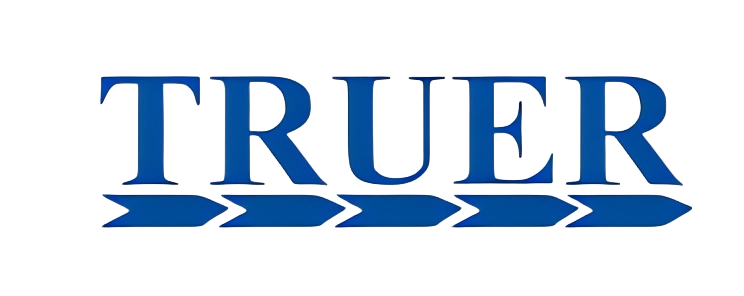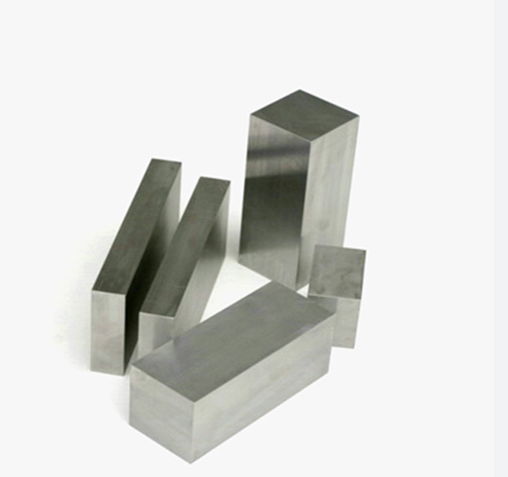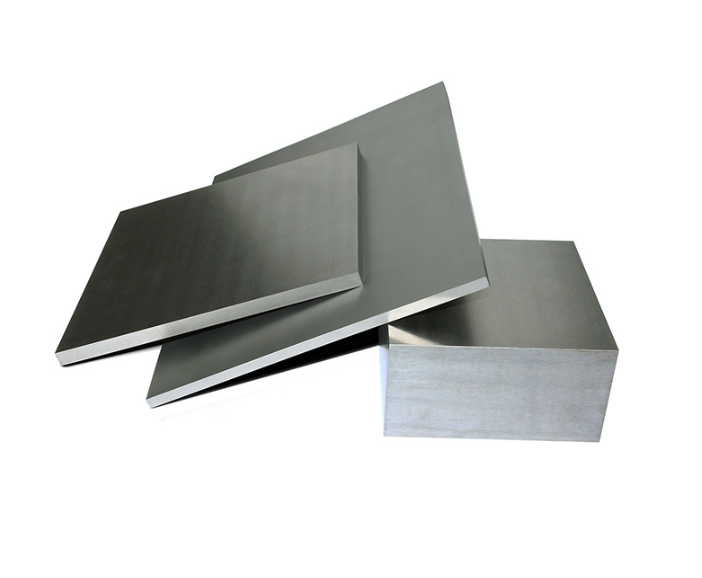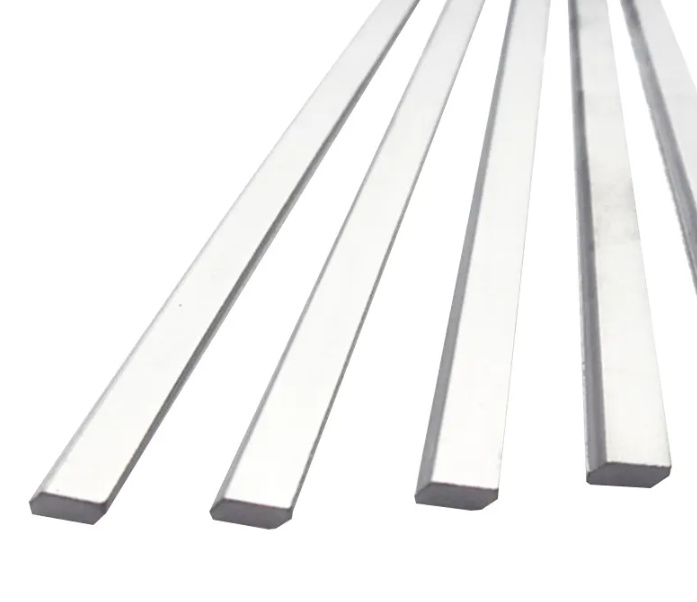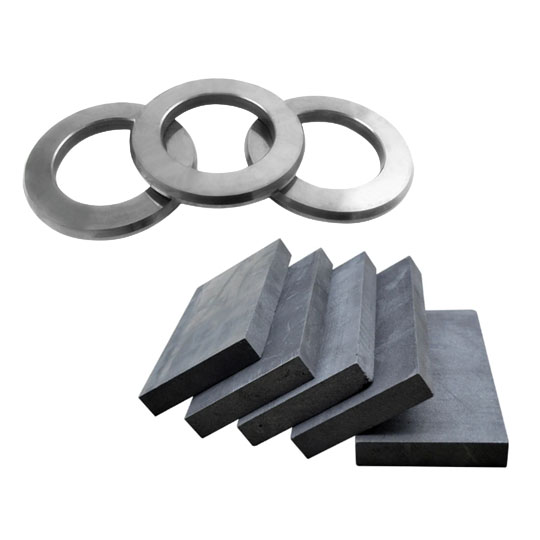Introduction : Une précision sur mesure pour des applications exigeantes
Dans le monde de l'usinage à haute performance et des composants résistants à l'usure, la précision est primordiale. Personnalisable ébauche en carbure offrent aux fabricants la flexibilité ultime pour créer des outils et des pièces adaptés à leurs spécifications exactes. N'étant plus limités par les dimensions standard, les ingénieurs et les machinistes peuvent atteindre de nouveaux niveaux de performance, d'efficacité et de rentabilité.
Quelles sont les dimensions personnalisables des flans en carbure ?
Au-delà du catalogue : La précision au bout des doigts
Les dimensions personnalisables des ébauches en carbure désignent la capacité de commander des ébauches en carbure personnalisables - les éléments fondamentaux à partir desquels sont fabriqués les outils de coupe, les pièces d'usure et d'autres composants - dans des tailles et des formes non standard. Ce niveau de personnalisation permet aux fabricants de.. :
- Optimiser la géométrie de l'outil : Obtenir des géométries d'arêtes de coupe idéales pour des matériaux et des opérations d'usinage spécifiques.
- Minimiser les déchets matériels : Réduire l'enlèvement inutile de matériaux et les coûts associés.
- Créer des composants uniques : Fabriquer des pièces aux formes et aux caractéristiques complexes, impossibles à réaliser avec des flans standard.

Les avantages de la personnalisation : Pourquoi choisir des découpes sur mesure ?
Des solutions sur mesure pour une meilleure performance
- Amélioration de la durée de vie des outils : L'optimisation des géométries et de l'utilisation des matériaux peut considérablement prolonger la durée de vie des outils, réduisant ainsi les temps d'arrêt et les coûts de remplacement.
- Amélioration des performances de coupe : Obtenir des vitesses de coupe plus élevées, des finitions de surface améliorées et des tolérances plus serrées.
- Réduction du temps d'usinage : Le fait de partir d'une ébauche de forme presque nette minimise l'enlèvement de matière, ce qui rationalise le processus d'usinage.
- Économies de coûts : Bien que les ébauches personnalisées puissent avoir un coût initial légèrement plus élevé, les économies à long terme en termes de durée de vie des outils, d'efficacité de l'usinage et de perte de matière compensent souvent l'investissement initial.
Dimensions personnalisables des ébauches en carbure : Principales considérations
Tableau 1 : Facteurs influençant les dimensions personnalisables des pages blanches
| Facteur | Description |
|---|---|
| Qualité des matériaux | Les différentes qualités de carbure présentent des caractéristiques d'usinabilité variables, qui influencent les tolérances et les états de surface réalisables. |
| Forme et taille souhaitées | La complexité de la géométrie du composant final et les dimensions globales sont à l'origine de la personnalisation des pièces brutes. |
| Tolérances | Les niveaux de précision requis pour les dimensions critiques ont une incidence sur le processus de fabrication et le coût. |
| Finition de la surface | La rugosité de surface souhaitée influence les opérations de finition et la qualité réalisable. |
| Quantité | Les volumes de production jouent un rôle dans la détermination de l'approche de fabrication la plus rentable. |
Applications : Quand la personnalisation fait la différence
Les ébauches en carbure personnalisables trouvent des applications dans une gamme variée d'industries :
- Aérospatiale : Aubes de turbines, composants de moteurs et pièces structurelles exigeant une grande précision et des géométries complexes.
- Automobile : Outils de coupe pour l'usinage des blocs moteurs, des composants de transmission et d'autres pièces critiques.
- Médical : Instruments chirurgicaux, implants et outils dentaires nécessitant des formes complexes et des matériaux biocompatibles.
- Pétrole et gaz : Outils de forage, pièces d'usure et vannes fonctionnant dans des environnements extrêmes.
- Fabrication d'outils et de matrices : Poinçons, matrices et outils de formage sur mesure pour les processus de fabrication spécialisés.
Comparaison des fournisseurs : Naviguer dans les Flan de carbure personnalisable
Tableau 2 : Analyse comparative des fournisseurs de flans de carbure personnalisables
| Fournisseur | Localisation | Fourchette de prix (par pièce, USD, approximatif) | Spécialités |
|---|---|---|---|
| Kennametal | ÉTATS-UNIS | $80 – $1,000+ | Large gamme de nuances de carbure, géométries complexes, capacités d'usinage avancées |
| Sandvik Coromant | Suède | $90 – $1,200+ | Accent mis sur les qualités à haute performance, l'usinage de précision et l'expertise en matière d'applications |
| Élément six | Royaume-Uni, Monde | $100 – $1,500+ | Expertise dans les matériaux avancés, y compris PCD et CBN, solutions d'outillage sur mesure |
| Ceratizit | Luxembourg | $75 – $900+ | Large gamme de carbures, prix compétitifs pour des solutions personnalisées |
| TRUER | Chine | $65 – $800+ | Spécialisation dans les découpes de haute qualité, prix compétitifs, délais de livraison rapides pour les commandes personnalisées. |
Remarque : Les prix des flans personnalisés sont très variables et dépendent de la qualité du matériau, de la complexité, des tolérances, de la quantité et d'autres facteurs.
Avantages et limites : Une perspective équilibrée
Tableau 3 : Peser le pour et le contre des flans de carbure personnalisables
| Avantages | Limites |
|---|---|
| Liberté de conception : Permet de créer des composants avec des géométries et des caractéristiques optimisées. | Coût initial plus élevé : Les découpes personnalisées ont généralement un coût initial plus élevé que les découpes standard. |
| Amélioration des performances : Des conceptions sur mesure peuvent améliorer la durée de vie des outils, l'efficacité de la coupe et la qualité des pièces. | Des délais d'exécution plus longs : Les commandes personnalisées peuvent nécessiter des délais plus longs en raison du processus de fabrication spécialisé. |
| Économies de matériaux : Les ébauches de forme presque nette minimisent les déchets de matériaux et les coûts associés. | Quantités minimales de commande : Certains fournisseurs peuvent imposer un minimum de commande pour les découpes personnalisées. |
| Avantage concurrentiel : Les solutions personnalisées peuvent offrir un avantage concurrentiel dans des secteurs exigeants. | Expertise requise en matière de conception : Une personnalisation efficace nécessite des connaissances en ingénierie et une collaboration avec les fournisseurs. |
Au-delà des dimensions : L'importance de la sélection des matériaux
Tandis que Flan de carbure personnalisable offrent des avantages significatifs, le choix de la bonne nuance de carbure est tout aussi crucial. Les facteurs à prendre en compte sont les suivants :
- Résistance à l'usure : Choisissez des grades à haute résistance à l'abrasion pour les applications impliquant des matériaux abrasifs.
- La robustesse : Optez pour des qualités plus robustes lorsque la résistance aux chocs et la solidité des arêtes sont primordiales.
- Résistance à la corrosion : Choisir des qualités spécialement conçues pour résister aux environnements corrosifs.
- A chaud Dureté : Pour les applications à haute température, privilégier les nuances qui conservent leur dureté à des températures élevées.
FAQs : Répondre à vos questions sur la personnalisation
1. Quelle est la plus petite taille possible pour une ébauche en carbure sur mesure ?
Les tailles minimales réalisables dépendent de la nuance de carbure, des tolérances souhaitées et des capacités de fabrication. Il est préférable de consulter un fournisseur de carbure pour discuter de vos besoins spécifiques.
2. Quels types de formes peuvent être produits avec des flans personnalisés ?
Les formes personnalisables sont pratiquement illimitées : rondes, carrées, rectangulaires, hexagonales et autres géométries complexes.
3. Comment puis-je communiquer mes spécifications de découpes personnalisées à un fournisseur ?
La plupart des fournisseurs acceptent les dessins techniques, les modèles CAO ou les croquis détaillés avec des dimensions et des tolérances précises.
4. Quel est le délai de livraison habituel pour les ébauches en carbure personnalisées ?
Les délais varient en fonction de la complexité de la conception, de la disponibilité des matériaux et de la capacité de production. Pour les ébauches hautement spécialisées, il faut s'attendre à des délais allant de quelques semaines à plusieurs mois.
5. Puis-je demander un prototype avant de passer une commande de production complète ?
Oui, de nombreux fournisseurs proposent des services de prototypage pour s'assurer que la conception répond à vos spécifications exactes avant de passer une commande importante.
